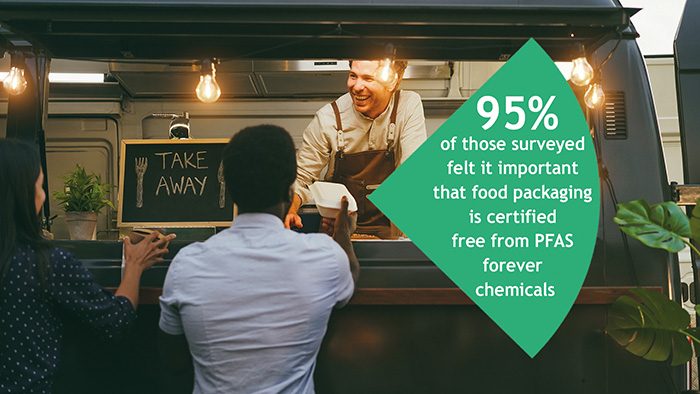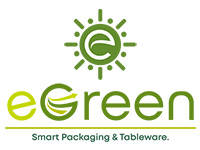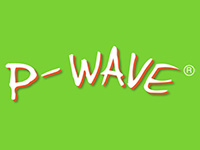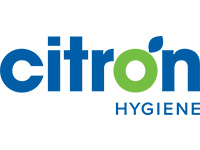Celebration Packaging’s Research Finds That The Majority Of Consumers Are Unaware Of The Dangers Posed By ‘Forever Chemicals’ In Food Packaging

“When asked about the potential dangers of PFAS after being shown the definition, 96% of those surveyed stated that they were concerned about its potential dangers.”
A survey by Sapio Research, conducted on behalf of Celebration Packaging, has found that the vast majority (80%) of consumers are not familiar with ‘forever chemicals’ and the term PFAS.
The man‑made ‘forever chemicals’ called PFAS (per – and polyfluoroalkyl substances) are a group of synthetic chemicals used in a wide variety of common applications, from fast food packaging and non‑stick cookware to firefighting foams and stain repellent chemicals for clothing and carpets.
PFAS do not exist in nature and do not naturally degrade, which means they can end up contaminating groundwater for a very long time after their release into the environment.
Research is ongoing to assess the risk to humans from a build‑up of PFAS in the human body. There are concerns that in very badly polluted areas a large amount of PFAS could accumulate in the blood and cause cancers and infertility*.
Concerns around PFAS have been in the public domain for quite some time. Denmark banned PFAS nearly two years ago and in the United States, 12 states have also announced bans. In addition, and following a six‑month consultation period, the European Chemicals Agency (ECHA) is developing a plan to reduce PFAS emissions into the environment and make products and processes safer for people.
Consumer Concerns About Forever Chemicals
“Our survey has found that the vast majority of consumers (80%) are not familiar with forever chemicals and the term PFAS,” says Celebration Packaging Managing Director Nick Burton. “However, when informed about PFAS, some 96% of respondents stated that they were concerned about the potential dangers forever chemicals pose.
The Importance Of Certifications
“Celebration Packaging has always invested in accreditations and certifications which we take very seriously, so that when we make environmental and sustainability claims, we can always back them up. This sets us apart from many of our competitors, while also giving our customers confidence to help them on their sustainability journey.
“We became aware of the PFAS issue some time ago and began to look for viable non‑PFAS packaging in early 2022. Since then, we have been working hard to ensure that we can deliver PFA‑free packaging solutions for the takeaway, delivery and QSR sectors – and we are delighted to confirm that all our white bagasse clamshells, dinnerware and chip trays are now TÜV home compostable and that they are certified PFAS‑free.
“To ensure that the bagasse fibre clamshells, chip trays and dinnerware are free from these forever chemicals, we arranged for SGS, an internationally renowned testing, inspection and certification company, to test them. The SGS test report shows that no PFAS and similar chemicals such as PFCA’s / PFOS’s / PFOA’s / PFHxS’s were detected.
“Furthermore, the survey also found that 96% of consumers indicated that it was important that their packaging was certified PFA‑free. As only 31% were not prepared to pay extra for such packaging, there is every reason for food service outlets to use certified packaging from reputable suppliers.”
Delivering PFAS‑Free Bagasse Packaging Solutions
“We believe these PFAS‑free white bagasse products to be the best alternative to foodservice packaging made from expanded polystyrene,” says Nick Burton. “They are the perfect replacement for expanded polystyrene plates, trays and clamshells now that the SUP (single‑use plastic) legislation has come into effect.
“Bagasse is a great material because it is natural and renewable, using waste fibres from agriculture that would otherwise be discarded. The manufacture of bagasse fibre packaging also has a lower carbon footprint than its oil‑based comparable products**, but to make bagasse water and grease resistant, PFAS were traditionally added. Our extensive 12 month in‑market trials show that this is no longer necessary.”
“This new PFAS‑free white bagasse fibre packaging looks exactly the same as the old range and can be used in a microwave to reheat food and we are sure that operators and consumers will now be delighted to know that it is PFAS‑free.
“As publicity around the PFAS issue builds, so will concerns from consumers, so foodservice operators should check if the packaging they are using is PFAS‑free.
“As a consultative business, we recommend that they talk to us if they have any concerns about the environmental impact of the packaging they use. We have been providing sustainable packaging solutions for many years and in the face of bans and taxes, we can help customers move away from single‑use plastics and reduce their carbon footprint.”
* https://www.atsdr.cdc.gov/pfas/health-effects/index.html
** Journal of Sustainable Energy & Environment 11 (2020) 61‑69














































